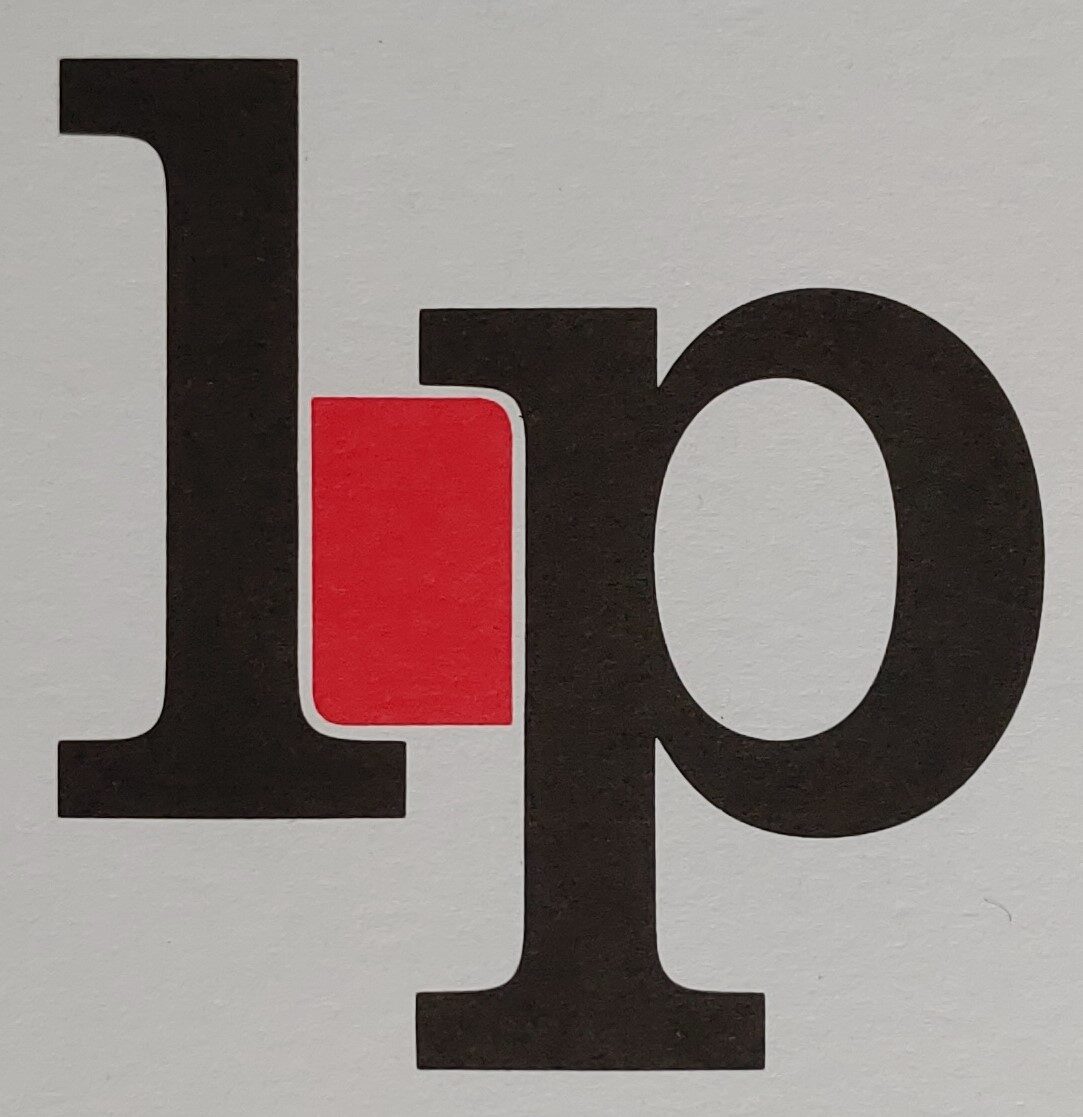Il reato eventualmente complesso come (unica) ipotesi di concorso apparente ulteriore rispetto alla specialità. L’esempio del rapporto tra incendio e disastro ambientale – Ludovico Bin
Il concorso apparente di norme è una delle categorie più discusse del diritto penale, la cui fisionomia è ricostruita, in dottrina e in giurisprudenza, secondo direttrici molto differenti, che oscillano dal piano astratto-formale a quello sostanziale-valutativo. In questo lavoro si offrono alcuni spunti critici rispetto alle tesi sinora più accreditate e si tenta di proporre un criterio dedotto dal diritto positivo, cioè dall’art. 84 c.p., basato sull’unità del fatto storico-concreto. Tale criterio è poi messo alla prova sul banco del rapporto tra il reato di incendio comune (art. 423 Cp) e boschivo (art. 423-bis Cp) e il reato di disastro ambientale previsto dall’art. 452-quater c.p.
The category of concurrent offences is one of the most discussed in both criminal law academia and case-law, whose physiognomy is reconstructed in very different ways, oscillating from the abstract-formal level to the substantial-evaluative one. This work offers some critical ideas with respect to the currently most accredited theses and attempts to propose a criterion deduced from positive law, i.e. from art. 84 Cp, based on the unity of the historical-concrete fact. This criterion is then put to the test of the relationship between the crime of common fire (art. 423 criminal code) and forest fire (art. 423-bis criminal code) and the crime of environmental disaster provided for by art. 452-quater Cp.

